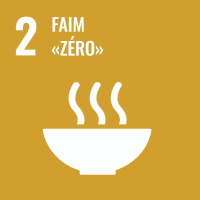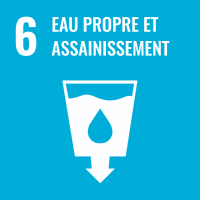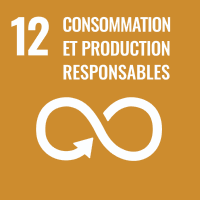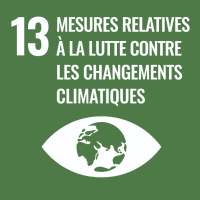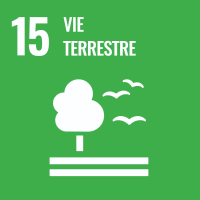Nariño - Colombia
Agroforestry
To counter the degradation of the Páramos, in the Colombian Andes, we are focusing on environmental, social and economic issues in a holistic manner.
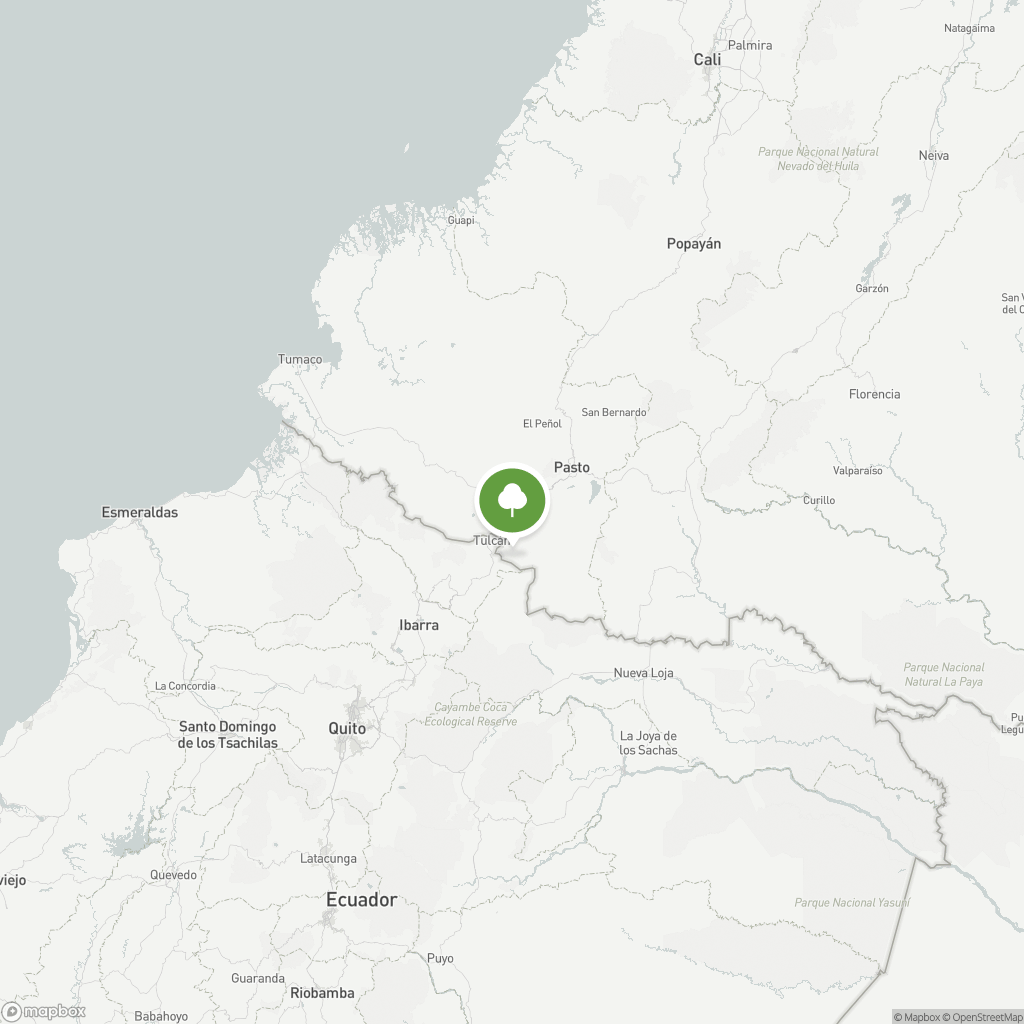
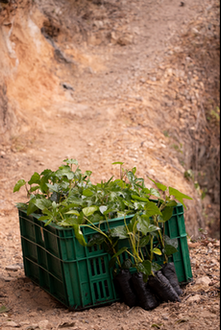
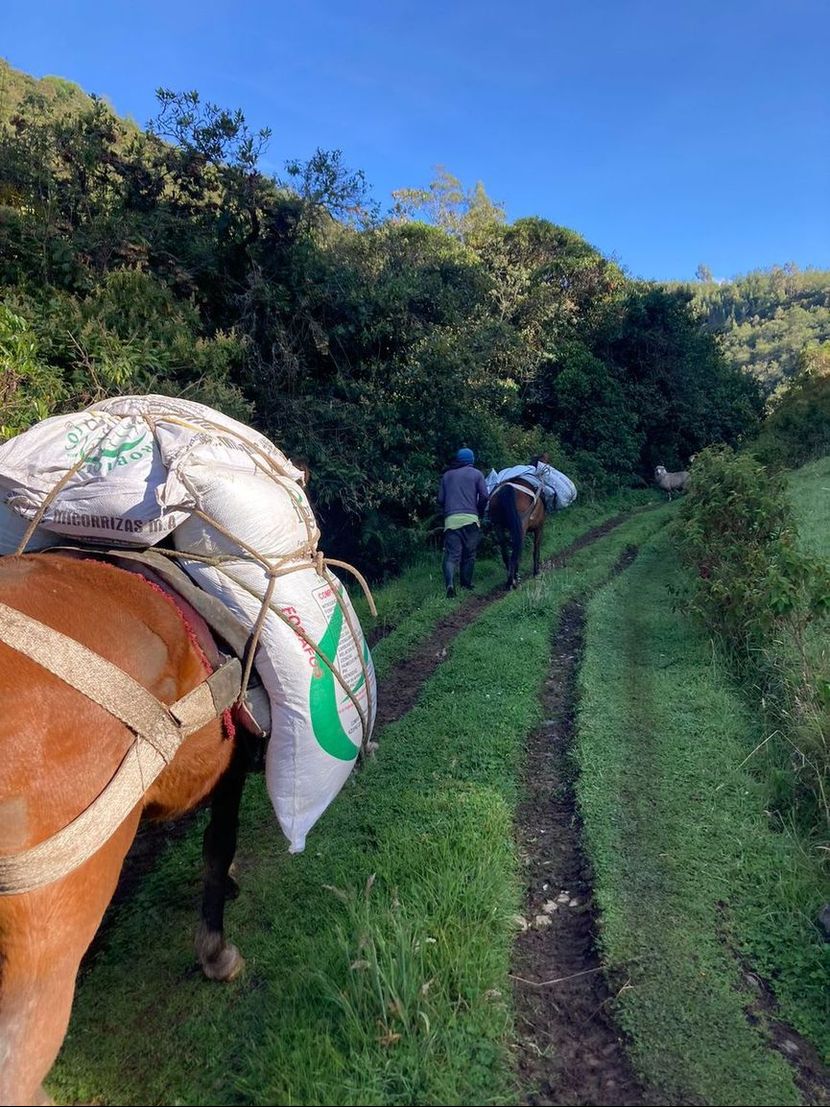
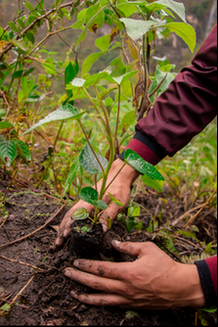
Colombia is one of the most deforested countries in the world. Out of the 114 million hectares available, livestock farming alone accounts for 39 million hectares, that is, more than 30% of the territory. The project financed by Reforest'Action and led on site by the NGO Impulso Verde is located in several "complexes" that group together some of the rarest high-altitude biotopes on the planet: the Páramos. Between 3,300 and 4,700 meters above sea level, in the eastern Colombian Andes, the Páramos are the richest mountain ecosystems on the planet in terms of floral biodiversity, in addition to providing an important share of Colombia's drinking water supply. Unfortunately, the surface area of the Páramos is shrinking considerably, due to climate change and anthropic pressure related to agricultural activities.
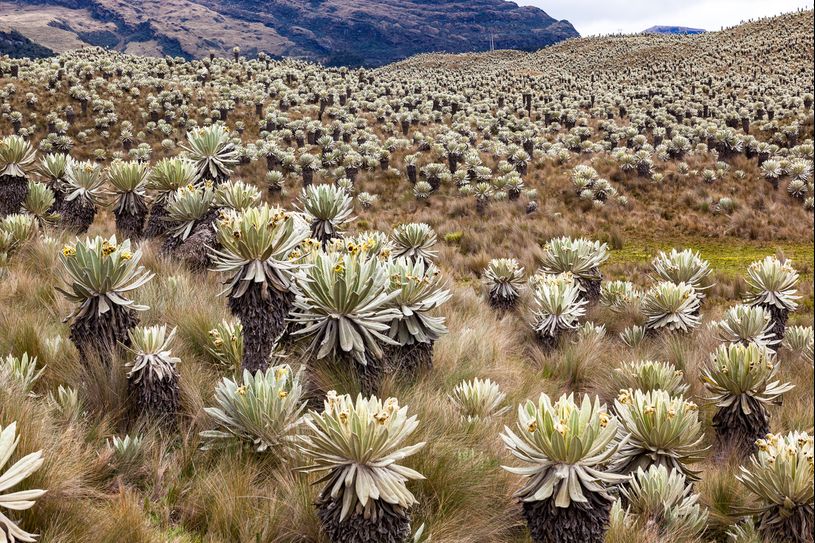
In the project area, the regeneration of the Páramos is carried out through the planting of more than 28 native species within the degraded lands of private owners. The Páramos restoration, and their biodiversity, follows a demanding project design that must respect the land typology and the way of life of their inhabitants. Divided into several sections, the planting activities are spread out over the year: creating "living fences" around the agricultural plots, reforesting the riverbanks that run through the area, and creating more densely wooded islands through the afforestation of river basins and the reforestation of Alto-andine forests. The project aims to promote a sustainable alternative to dairy farming, which is predominant in the region: silvopastoralism. This innovative practice consists in planting trees around and within the farmers' pastures. Besides promoting sustainable agricultural practices, the project aims to support communities in developing complementary economic activities, such as community beekeeping, in order to reduce their dependence on the dairy sector.
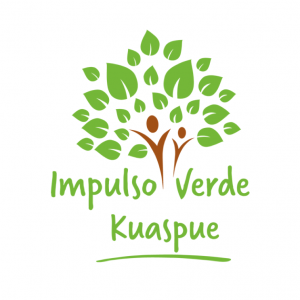
Impulso Verde works for the reforestation and protection of forests and biodiversity in Colombia. The NGO federates and animates a network of associative nurseries hand in hand with the Pasto people. Their development model allows to gradually involve indigenous communities, increasing the capacity to produce and plant trees in order to meet the very significant potential for reforestation in the region over the next few years. The structure’s creation has also made it possible to forge important national institutional and academic partnerships.
The first project to be certified by The Global Biodiversity Standard
The Global Biodiversity Standard (TGBS) is the most scientifically rigorous biodiversity certification that recognises and promotes the protection, restoration, and enhancement of biodiversity. As a technical partner of the TGBS over the past two years, Reforest'Action contributed to defining the standard by sharing its expertise in biodiversity impact management, its extensive knowledge of global forest and agroforestry ecosystems, and its experience managing a diverse portfolio of Nature-based Solutions (NbS) projects.
In 2024, Reforest'Action and our field partner Fundación Impulso Verde received one of the first TGBS certificates for the "Community-based Landscape and High Andean Forest Restoration Project" in Nariño, Colombia. This significant achievement strengthens our commitment to biodiversity impact and monitoring.
